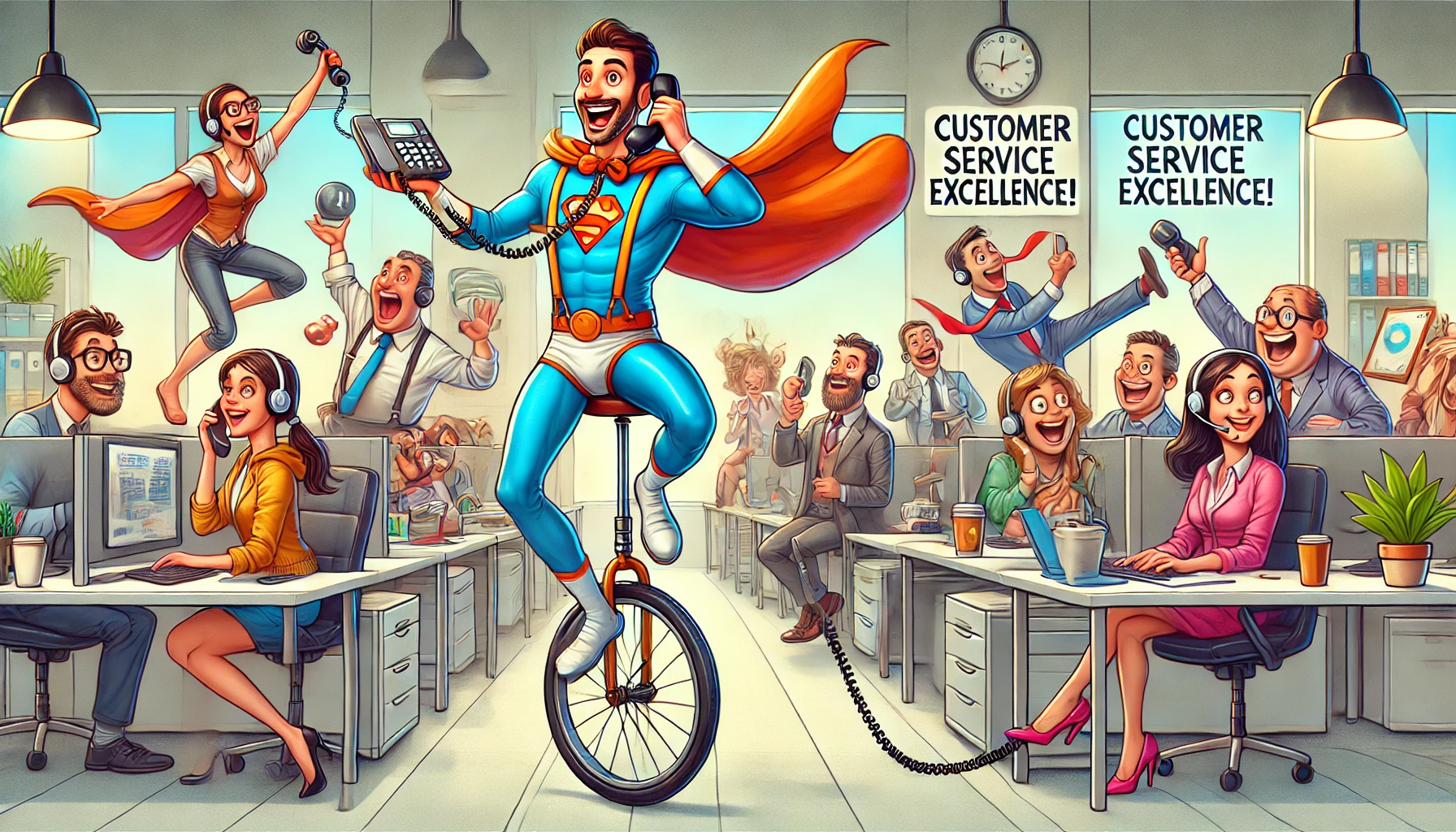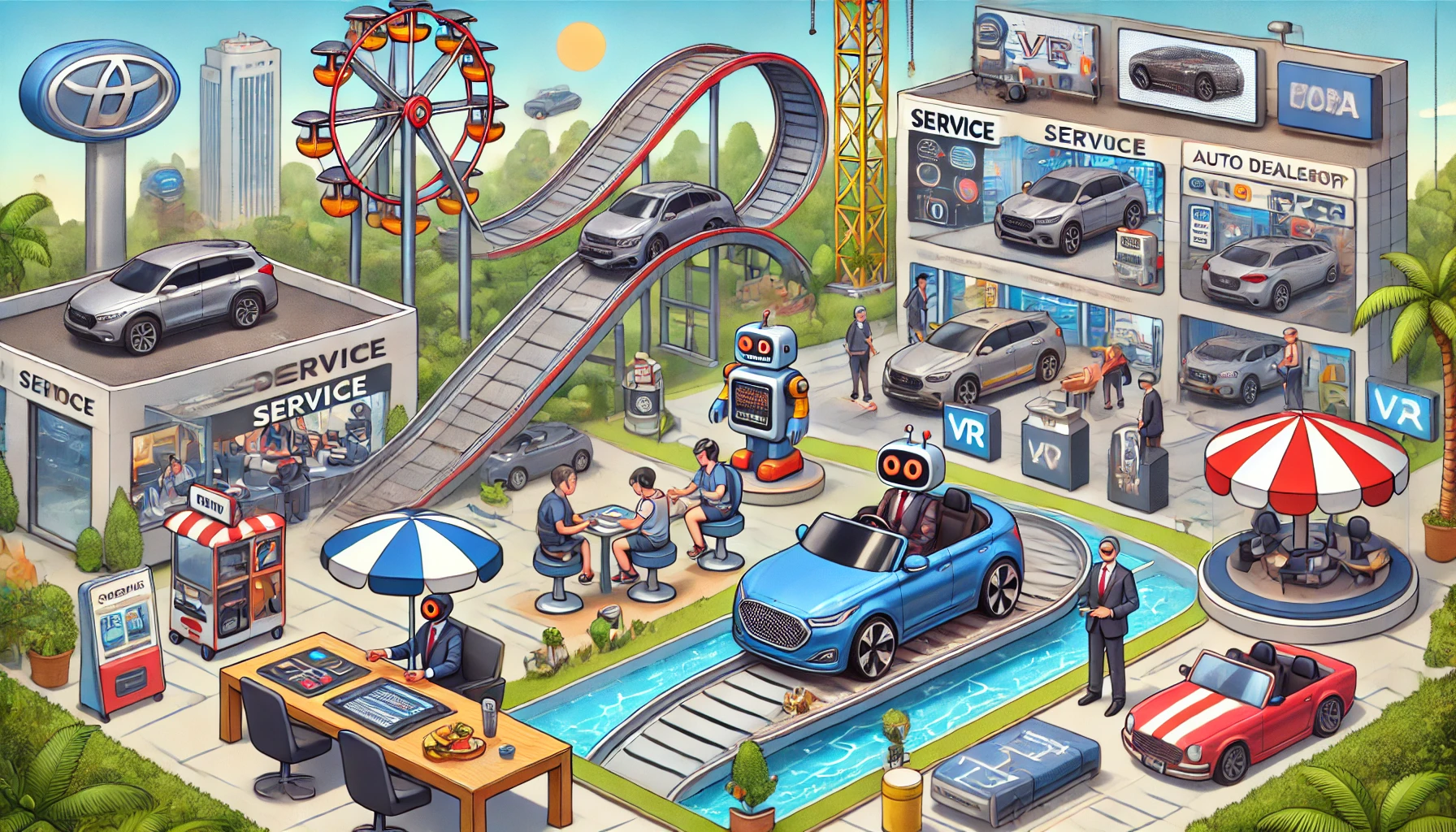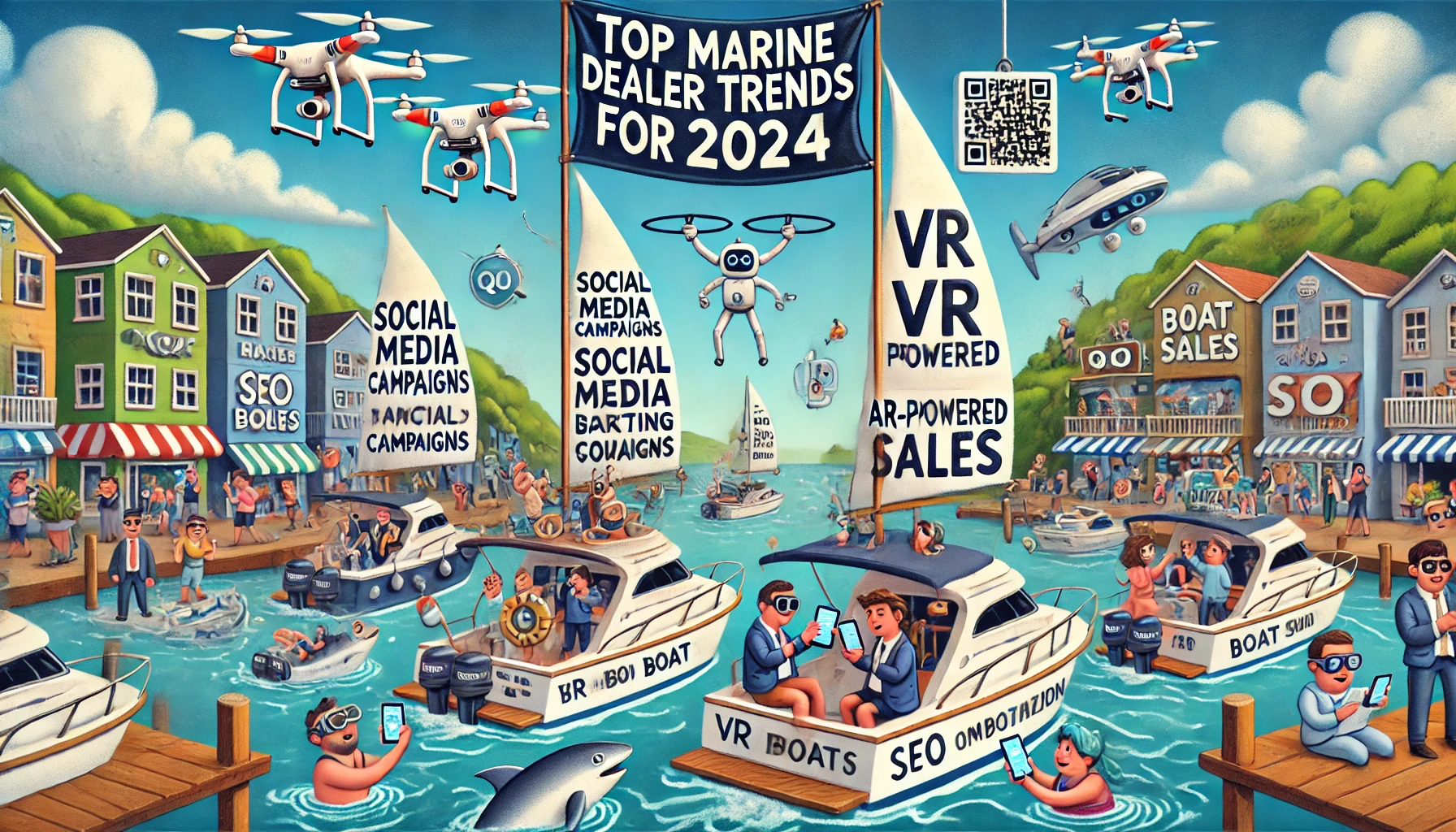Enhancing customer experience with AI: boost retention, enhance satisfaction
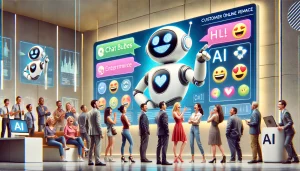
Introduction to AI in customer service
Artificial intelligence (AI) is revolutionizing customer service across various industries, making interactions more personalized and efficient. From retail to healthcare, AI technologies such as machine learning, chatbots, and predictive analytics are transforming customer touchpoints and driving industry innovation.
What is AI for customer experience?
In today’s dynamic business landscape, AI is becoming essential for small businesses aiming to enhance their customer interactions. AI technologies enable businesses to analyze extensive data sets, extract valuable insights about customers and markets, and automate routine tasks.
This transformation allows for a more strategic approach to customer service.
Numerous platforms offer AI capabilities
In an era where customer experience is a key differentiator, leveraging AI’s capabilities is crucial for businesses striving to stand out. Platforms such as Salesforce Einstein, IBM Watson, and Google AI offer advanced tools that help businesses personalize interactions and streamline operations.
Why businesses should leverage AI to improve customer experience
Delivering exceptional customer experiences is crucial for success in a competitive market. AI helps meet evolving customer expectations by enhancing interactions through personalized services, real-time support, and predictive insights, leading to smarter decision-making.
According to a report by Salesforce, 80% of customers expect personalized experiences, and 70% are willing to pay more for them.
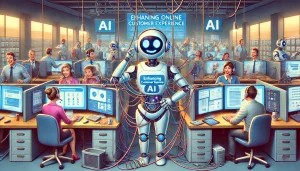
Benefits of AI in customer experience
Personalization
AI analyzes customer data to deliver tailored experiences. Personalized recommendations and communications can significantly enhance customer satisfaction and loyalty.
A study by McKinsey found that personalization can increase revenue by up to 15%.
Real-time assistance
AI-driven chatbots and virtual assistants provide instant, 24/7 customer support. This improves service efficiency and customer satisfaction.
According to Gartner, by 2025, 75% of customer service interactions will be powered by AI.
Predictive analytics
AI predicts customer needs by analyzing past behaviors, optimizing inventory management, and refining marketing strategies. IBM’s research indicates that predictive analytics can enhance decision-making efficiency by up to 30%.
Enhanced recommendations
AI systems suggest products based on detailed customer data, boosting sales and engagement. For instance, Netflix’s recommendation engine, powered by AI, drives over 80% of content viewed on the platform.
Workflow automation
AI automates routine tasks, allowing businesses to focus on high-value activities. Automating repetitive tasks can lead to a 20-30% increase in operational efficiency, as reported by McKinsey.
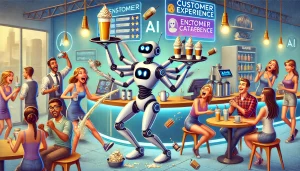
AI’s benefits across various industries
AI enhances customer experience in multiple sectors:
Ecommerce
AI recommendation engines analyze browsing habits and purchase history, boosting cross-selling and upselling opportunities. For example, Amazon’s AI-driven recommendations account for 35% of its revenue.
Retail
AI chatbots handle queries, assist with product searches, and provide instant support, improving service quality. According to Juniper Research, AI chatbots will save retailers over $11 billion annually by 2023.
Finance
AI detects fraud and personalizes financial advice, enhancing security and service quality. The global AI in the financial market is expected to reach $22.6 billion by 2025, according to a MarketsandMarkets report.
Healthcare
AI improves patient engagement and tailors health advice. The use of AI in healthcare is projected to grow to $36.1 billion by 2025, driven by its benefits in patient outcomes and service efficiency.
Travel and hospitality
AI virtual assistants manage bookings, suggest travel options, and personalize recommendations. A study by Expedia Group found that AI-powered customer service improves booking rates by up to 15%.
Telecom
AI automates customer service and analyzes call center data for sentiment analysis, enhancing engagement. The telecom industry is forecasted to benefit from AI-driven efficiencies, reducing operational costs by up to 20%.
Automotive
AI supports voice-activated interfaces, predictive maintenance, and personalized in-vehicle experiences. The use of AI in the automotive sector is expected to reach $18 billion by 2024, according to Allied Market Research.
How to leverage AI in customer experience
For small business owners, effectively using AI can revolutionize customer interactions. Here’s a guide to deploying AI:
Analyze your current customer experience strategy: Identify goals, touchpoints, and issues, considering how AI could enhance these areas.
Create detailed customer journey maps: Visualize customer interactions and pinpoint where AI can improve efficiency and personalization.
Utilize AI to analyze customer data and insights: Employ sentiment analysis to understand customer emotions and identify trends.
Implement AI solutions: Deploy chatbots or virtual assistants based on identified needs, ensuring these tools are trained with historical data to maximize effectiveness.
Regularly monitor AI’s impact: Track key metrics like customer satisfaction and retention to refine AI strategies.
Continuously update AI strategies: Align with evolving technologies and customer expectations, fostering a culture of innovation.
AI in customer service offers significant benefits, from personalization and real-time assistance to predictive analytics and workflow automation. Businesses that effectively leverage AI can enhance customer experiences, improve operational efficiency, and gain a competitive edge in the marketplace.
By adopting AI solutions and continuously refining strategies, businesses can build strong customer relationships and drive long-term success.
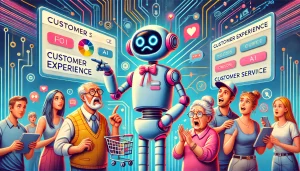
Expert opinions on the topic of AI in customer experience
Dr. Emily Carter, Chief data scientist at DataDriven Solutions: “Integrating AI into customer service must start with empathy. By training AI systems on diverse data sets, businesses can ensure that these technologies address a wide range of emotional cues, thereby creating more personalized experiences that reflect a deep understanding of different customer needs.”
Markus Klein, CXO at RetailGenius Inc.: “AI-driven predictive analytics can revolutionize customer experience by anticipating needs before the customer articulates them. For instance, suggesting products based on browsing behaviors and past purchases can streamline shopping experiences and boost satisfaction.”
Dr. Hiro Tanaka, Innovation director at Tokyo Tech Labs: “Augmented reality powered by AI can transform how customers interact with products from their homes. By allowing people to ‘try before they buy,’ these tools reduce the uncertainty in online shopping environments, enhancing confidence in purchase decisions.”

 5 min
5 min 


